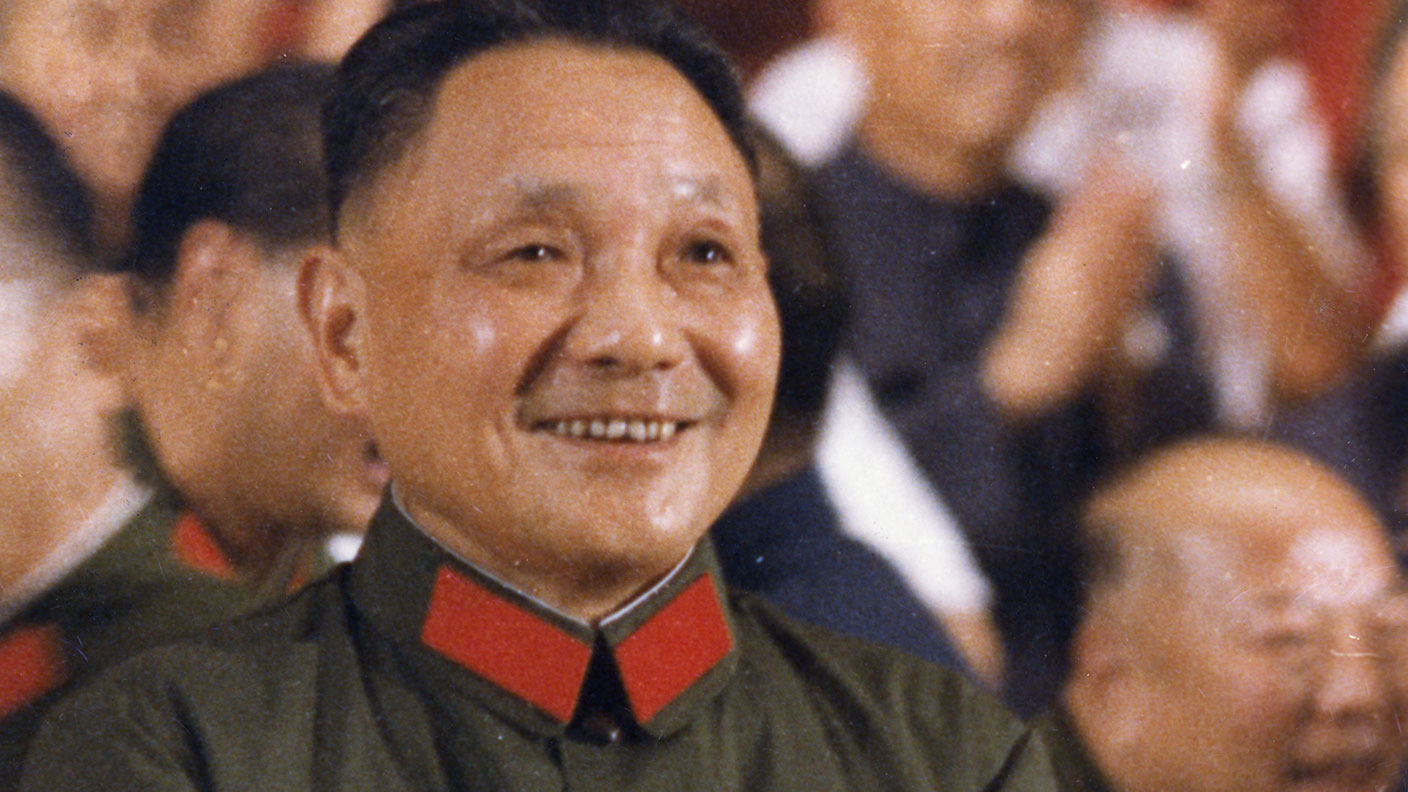
Get the latest financial news, insights and expert analysis from our award-winning MoneyWeek team, to help you understand what really matters when it comes to your finances.
You are now subscribed
Your newsletter sign-up was successful
Want to add more newsletters?
Mao Zedong, Communist revolutionary and founding father of the People's Republic of China, governed the country with an iron rod from the day it was founded in 1949 until he died in 1976.
Along the way he came up with some – to put it generously – flawed policies. Such as the Great Leap Forward, which transformed China from an agrarian to an industrialised economy, but had the unfortunate side effect of widespread famine, and the deaths of millions of people. And the Cultural Revolution, which led to the execution of tens of thousands of those of a not-revolutionary-enough bent, and a stay in a forced labour camp for many more. Dissent was most definitely not allowed.
Deng Xiaoping, a veteran of Mao's Long March and one of his major supporters in the early years of his rule, was more of a pragmatist, and less ideologically driven. "It doesn't matter whether a cat is black or white", he said. "As long as it catches mice, it is a good cat." This didn't go down too well with Mao, and Deng was purged in the Cultural Revolution, named as the "Number Two Capitalist Roader".
Try 6 free issues of MoneyWeek today
Get unparalleled financial insight, analysis and expert opinion you can profit from.

Sign up to Money Morning
Don't miss the latest investment and personal finances news, market analysis, plus money-saving tips with our free twice-daily newsletter
Don't miss the latest investment and personal finances news, market analysis, plus money-saving tips with our free twice-daily newsletter
He was rehabilitated, but after Mao's death, he was again sidelined by the Gang of Four, who ran the snappily titled "Criticise Deng and Oppose the Rehabilitation of Right-Leaning Elements" campaign.
But after the Gang of Four's arrest and trial, Deng was returned to power. He led China through widespread reforms creating the "Four Modernisations" of agriculture, industry, defence, and science & technology. Private enterprise was allowed, the economy was decentralised and the country was opened up to foreign trade.
Because of his reforms, China became one of the world's fastest-growing economies, and millions of Chinese people saw a huge rise in their standard of living.
Unfortunately for Deng, he did blot his copybook late on in his reign, when he ordered troops in to Tiananmen Square, and hundreds of protesters were killed.
Get the latest financial news, insights and expert analysis from our award-winning MoneyWeek team, to help you understand what really matters when it comes to your finances.

-
 Financial education: how to teach children about money
Financial education: how to teach children about moneyFinancial education was added to the national curriculum more than a decade ago, but it doesn’t seem to have done much good. It’s time to take back control
-
 Investing in Taiwan: profit from the rise of Asia’s Silicon Valley
Investing in Taiwan: profit from the rise of Asia’s Silicon ValleyTaiwan has become a technology manufacturing powerhouse. Smart investors should buy in now, says Matthew Partridge
